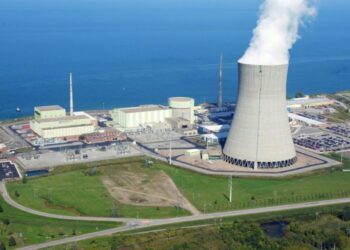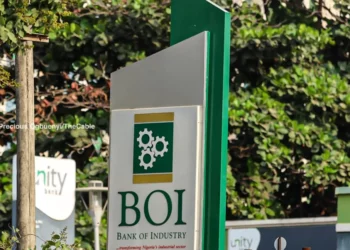President Bola Tinubu has approved a reconstitution of the Governing Council and Board of Trustees of the Hydrocarbon Pollution Remediation Project (HYPREP), in a move expected to accelerate the long-delayed Ogoni cleanup and broader environmental remediation in the Niger Delta.
According to a presidential aide Bayo Onanuga, environment minister Balarabe Lawal, will chair the new Governing Council. Other members include Loanyie Barituka Victor for environmental NGOs; Bright Onyebuchi Jacob and Henry Obiabure for Niger Delta communities; Prof. Barinedum Nwibere and Baride Gwezia for the Ogoni community; and Gideon Onyebuwa and Dr Ibikunle Omotehinse for the nine oil-producing states.
Four alternate members were also appointed: Dr Abraham Olungwe and Maeba Ekpobari for Ogoniland, and Joseph Akedesuo and Beauty Warejuowei for the Niger Delta.
The Board of Trustees has Emmanuel Deeyah reappointed as chairman, with members including Fred Igwe and Dr Fred Kpakol for Ogoni stakeholders, Mrs Dorcas Amos for other Niger Delta communities, and Chief Jide Damazio — reappointed to represent environmental NGOs.
HYPREP’s work has received fresh backing from international partners. In March, the Belgian government reaffirmed its commitment to the project, while the United Nations pledged technical support for mangrove restoration, climate change mitigation, food security, water access, and public health.
UN Resident and Humanitarian Coordinator Mohamed Fall, said the cleanup aligns with the UN’s environmental protection, human rights, and peacebuilding goals.
In January, Tinubu convened a closed-door meeting with key Rivers State stakeholders — including now-suspended Governor Siminalayi Fubara, former Governor Nyesom Wike, Ogoni leaders, and senior federal officials — to address both environmental and political tensions surrounding the project.
The Ogoni cleanup, recommended by a landmark UNEP report in 2011, has faced years of delays, with critics urging faster action to address oil spills, environmental degradation, and health risks in the region.





